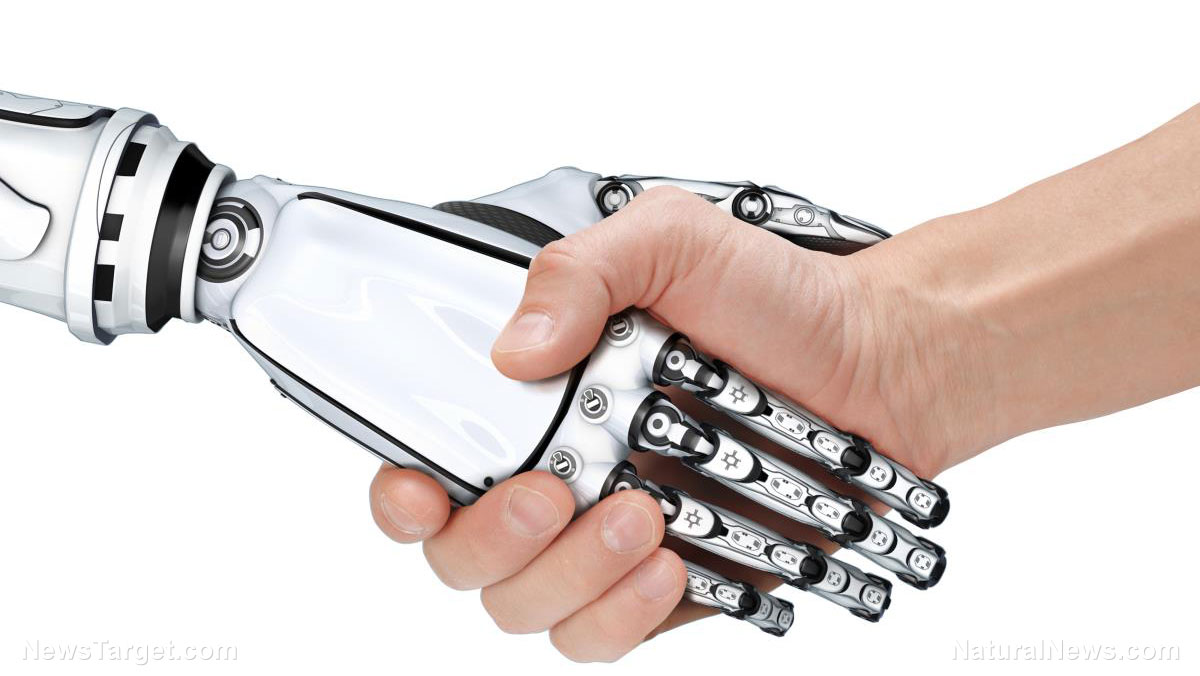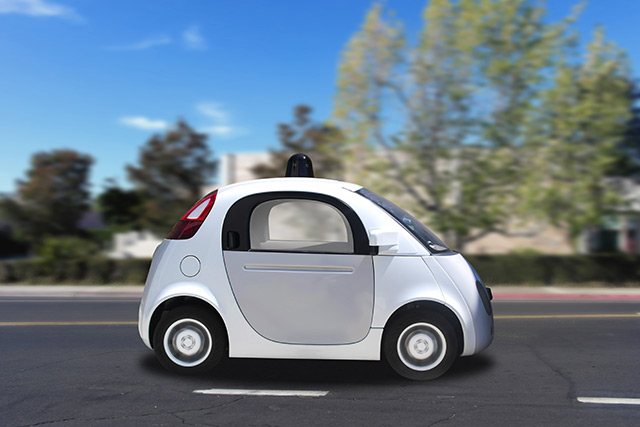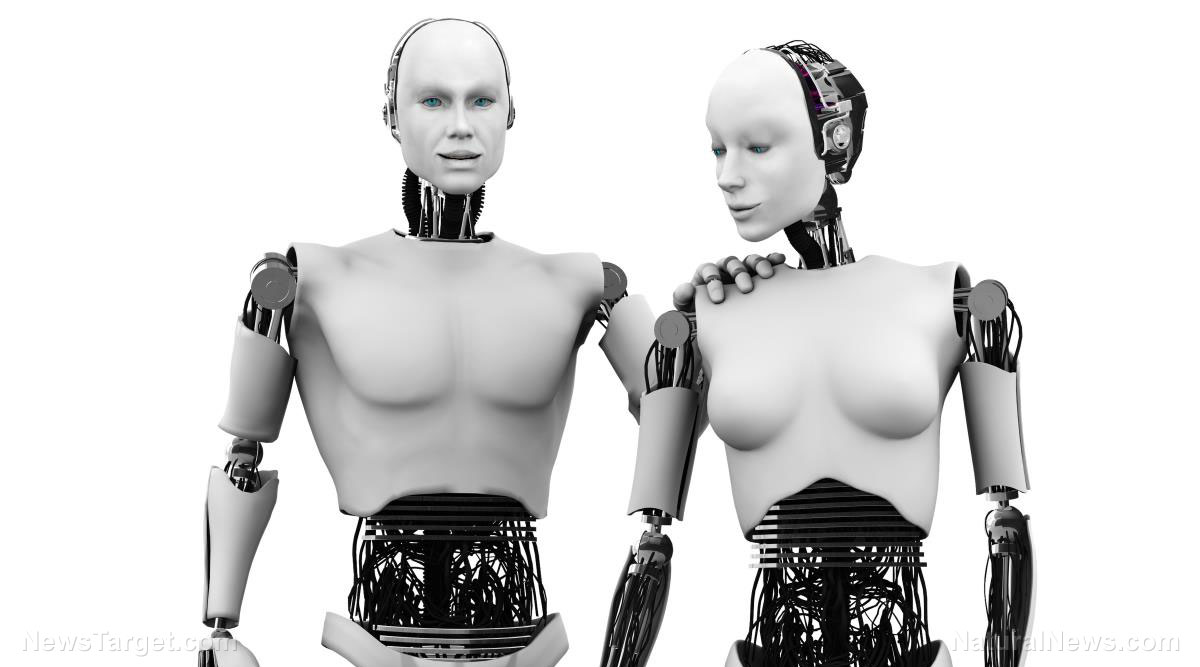In just one generation, most building construction will be run by robots
07/07/2017 / By Tim Wesley

The future of construction may look a lot different, and it could spell the end for manual labor, if we are to believe the predictions of a construction firm. It might initially look impressive — awe-inspiring even — with robots performing task so efficiently. But there’s a catch: it could spell the end of manual labor.
A report by Balfour Beatty titled Innovation 2050: A Digital Future for the Infrastructure Industry claimed that construction sites will be “very different by 2050” because robots are going to take over majority of the jobs. The firm believes that robotics will take the place of manual labor, with “automated builders” and “robotic cranes” doing the rounds on construction sites.
According to the report, robots will work in teams to construct structures using “dynamic new materials” while others are going to self-assemble. There will be drones hovering above, scanning the site, and sending instructions to robotic cranes and diggers. Part of the report said: “The role of the human overseer will be to remotely manage multiple projects simultaneously, accessing 3D and 4D visuals and data from the on-site machines, ensuring the build is proceeding to specification.”
This basically means humans are going to be restricted to supervisory tasks. The firm further explained that the only humans they can foresee present on the site are those with “robotically-enhanced exoskeletons” that are in charge of controlling the machinery thanks to neural-control technology.
This begs the question: How many people will be out of jobs if and when a robotic takeover happens in the construction industry?
Recode.net reported that the construction industry is understaffed and that it is ripe for a robotic takeover. The website claims that there are not enough human workers to satisfy the growing demand in construction jobs. In fact, it was claimed that as of February 2017, almost 200,000 construction jobs were available across the United States. Because of waste, shortage of workers, and low productivity growth, it is not unlikely to see a machine takeover.
Balfour Beatty predicts that by 2050, the construction industry will be more focused on innovation and both contractors and customers will become less risk-averse; that there will be newer business models, products, and services; and thinking only about design and construction will become an outdated concept as infrastructure morphs into something multi-functional.
Construction will also become faster, with 3D and 4D printing and humans beginning to use more wearable technology, like exoskeletons. One notable prediction is that while some jobs may disappear, such as those require little skill or are repetitive, new jobs and industries will also be created.
“We are experiencing a digital revolution, redefining how we as an industry operate; becoming faster, better and more agile. By adopting and embracing the rise of digital solutions we are more able to deliver efficient, effective and safer solutions to our clients and customers. These changes will mean we have to ensure our industry trains our current and future employees with the skills to exploit the use of new technology, new materials and new methods of working,” said Leo Quinn, Chief Executive of Balfour Beatty.
Sources include:
Tagged Under: automation, construction, home building, robotics



















